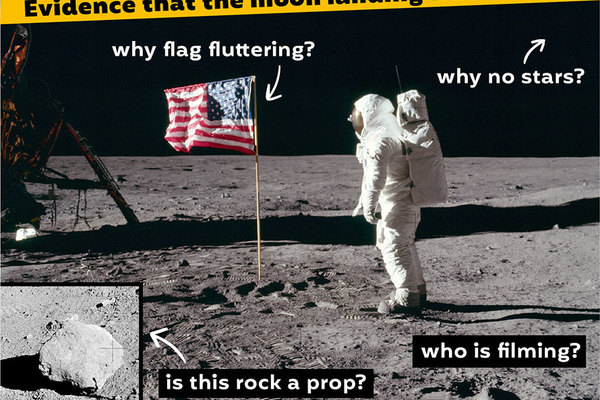We often consider trust (in traditions, in religions, in communities, in friends, in yourself) as a virtue. Today we’ll consider whether it is ever a vice. We’ll look at a defense of skeptical philosophical inquiry, one introduced by Enlightenment philosopher René Descartes. Descartes thought that a scientific approach to life requires rooting out all of one’s potential biases. But how far can this go? Are we biased toward believing we are awake and not dreaming? Biased toward believing 2+2=4? What is the role of doubt in the good life?
Read This:
Interactive Essay: Doubt Everything (Descartes)
Key Concepts:
- Method of doubt
- Skeptical scenario
- The cogito
Have questions or thoughts about the reading? Post them on PollEverywhere, and upvote any classmates’ responses that you’d like to cover in class. We’ll address the most upvoted responses during the Q&A part of class.
Pre-Class Questions
Your responses to the following questions are due on Canvas before class. Your top 15 scores of the semester will count toward your final grade.
- In your own words, explain the purpose of Descartes’ demon scenario. How is this different from his dreaming scenario? Do you think you can know that you are not being deceived by an evil demon right now? Explain.
- In your own words, explain the distinction between a priori and a posteriori knowledge, and give an example of each from your own life (other than the examples found in the reading).
Map to the Good Life
This prompt will be one of your options to address in Activity #2 of Map to the Good Life, which will be due on March 7.
Follow these steps to try out Descartes’ Method of Doubt for yourself:
- State a belief of yours that’s important to you, or that you feel strongly about.
- Identify at least one belief that your belief from step 1 depends on, and explain why.
- Identify at least one belief that each of your beliefs from step 2 depends on, and explain why.
- Describe a “skeptical scenario” that applies to at least one of your beliefs from step 3 — a possible situation where the belief would be false.
- Do you think you can rule out, with absolute certainty, the possibility that you’re actually in this skeptical scenario? Explain.
- After completing this exercise, do you notice any change in your attitude toward your belief from step 1? Do you feel more confident in it, less confident, or about the same? Explain.























